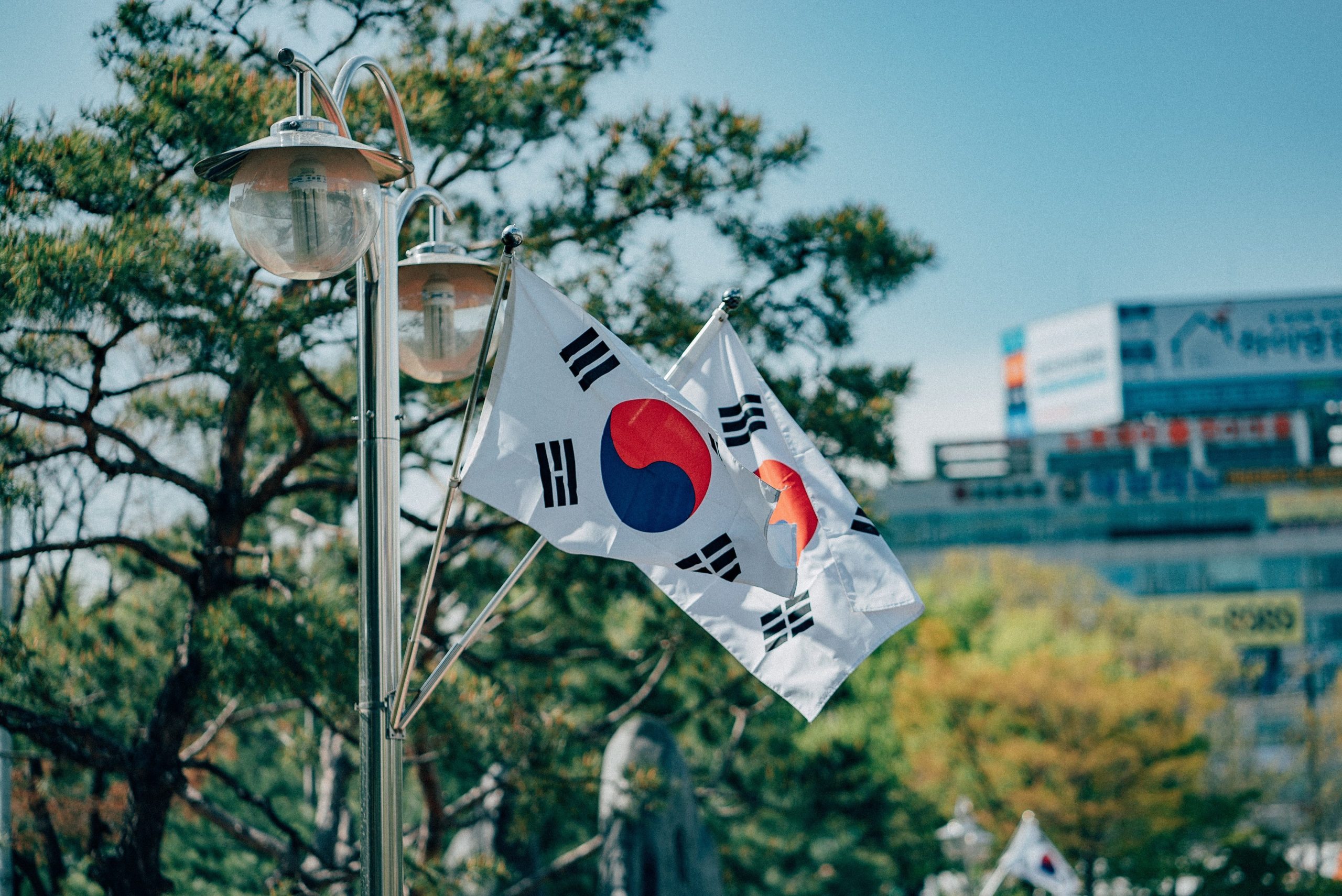South Korea and Qatar have developed close cooperation in the transportation and infrastructure sectors including building the Doha Metro and the Lusail Expressway.
South Korea will work with Qatar to implement projects that reduce carbon emissions as part of a larger effort to achieve sustainability and the development of a greener economy in light of the climate crisis, officials said.
Addressing a press conference in Doha on Thursday, South Korea’s Minister of Land, Infrastructure and Transport Won Hee-ryong said both Korea and Qatar face similar challenges in reshaping industries and policies to decarbonise their economies.
“The Qatar National Vision 2030 and Korea’s strategies for energy transition, inclusion of solar, wind, and hydrogen power into its energy mix, and industrial diversification are key examples of the efforts we are making in response to the challenge,” Hee-ryong said.
The minister’s arrival in Doha marked the first official visit by a Korean representative since a new government was formed early last year.
He stated that proposing collaboration on the development of “green mobility” is one way that Korea may help to diversify the country’s economy while combating climate change.
According to the United Nations, fossil fuels – coal, oil, and gas – are by far the most significant contributors to global climate change, accounting for more than 75% of global greenhouse gas emissions and nearly 90% of total carbon dioxide emissions.
To reduce its reliance on oil and gas, the Korean government is working to transform and innovate its transportation sector and considering potential collaborations with Qatar, the minister said.
“Korea wishes to share such green mobility development experience and technology with Qatar and I believe our cooperation in this new area can set an example for similar cooperation around the world,” Hee-ryong said.
Hee-ryong did not specify when South Korea’s potential collaboration with Qatar will begin, but he confirmed that his government is working on a proposal.
“I’m going figure out what is the best project as the starting point. Korea achieved many innovations and developments in the area of smart city and renewable energy so this is the starting point, we will start discovering and exploring what the innovations or areas in this field we can work together, so I believe this is the beginning,” he said.
One of South Korea’s initiatives on sustainable mass transit is the establishment of “K-City,” a test area for autonomous vehicles.
In order to encourage research partnerships between the government, industry, and research groups, Hee-ryong said that his government will also launch the Grand Challenge Korea this year.
Under the umbrella of green mobility, it funds research and development initiatives for hydrogen-powered vehicles, such as rail trains, buses, or logistical systems.
South Korea is also targeting commercial launches of fully autonomous vehicles by 2027 and urban air mobility (UAM) operations by 2025 to develop green, alternative energy vehicles.
Hee-ryong emphasised the importance of collaboration and implementing sustainable projects such as smart cities and renewable energy developments.
“When we look at more broadly to the future, what matters in the end is the government to government cooperation, that could be between the ministries, the governments, and one key mechanism in activating that government to government cooperation is to have a channel or communication.”
Meanwhile, Qatar’s Mowasalat introduced electric buses last year which were also used during the World Cup.
The world’s largest electric bus depot, the Lusail Bus Depot, which has a capacity of 478 vehicles, was also inaugurated in October 2022.
In the past, South Korea and Qatar have developed close cooperation in the transportation and infrastructure sectors including building major transport projects such as the Doha Metro and the Lusail Expressway.
Qatar is the eighth biggest overseas construction market for Korea.







